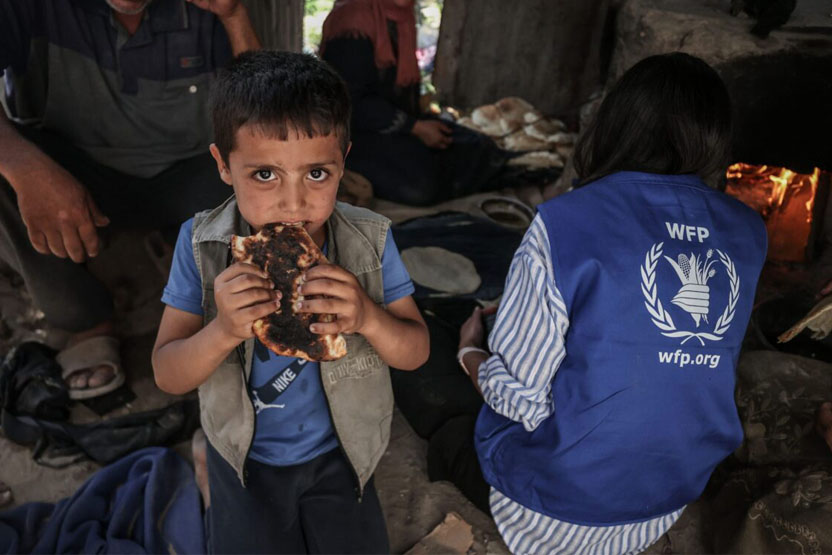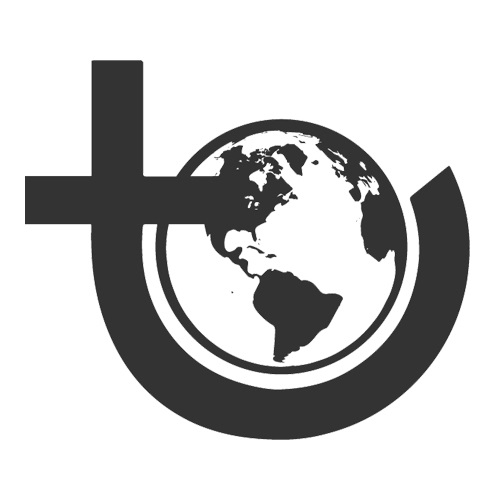
In a rare
statement, the United Nations World Food Programme (WFP) has issued a stark warning about the deepening food crisis in Gaza, declaring that the humanitarian situation is on the brink of catastrophe. The WFP paints a devastating picture: a third of Gaza’s 2.1 million people are going days without eating, nearly half a million are enduring famine-like conditions, and 90,000 women and children are in immediate need of nutritional treatment.
What makes this statement particularly striking is the WFP’s announcement that it has, or has en route, enough food to feed the entire population of Gaza for three months. The problem, therefore, is not the lack of food — it is the lack of access. Aid is ready. Humanitarian teams are willing. But the physical and political barriers to delivery continue to cost lives. The logistical limitations imposed by the Israeli authorities — including limited border openings, slow clearances, and unsafe routes — are directly impeding the response to what is now a full-blown humanitarian disaster.
Food Security: a Legal Right, Not a Privilege
The right to food is protected under international human rights law, particularly through the International Covenant on Economic, Social and Cultural Rights (ICESCR), to which Israel is a party. More critically, international humanitarian law — including the Geneva Conventions — explicitly prohibits the starvation of civilians as a method of warfare. All parties to a conflict are obligated to allow and facilitate rapid and unimpeded passage of humanitarian relief.
In besieged Gaza, where access to water, electricity, medicine, and food is controlled externally, the conditions are ripe for such a violation. The systematic restriction of essential aid, especially when it results in preventable deaths and widespread malnutrition, can amount to a breach of international humanitarian law. As the occupying power — a legal status reaffirmed by numerous UN bodies and international courts — Israel has a clear duty under the Fourth Geneva Convention to ensure the welfare of the civilian population under its effective control.
A Man-Made Famine?
The WFP’s statement puts in plain language what many human rights organizations have been reporting for months: Gaza is on the verge of a man-made famine. This is not a natural disaster. It is the outcome of deliberate political and military decisions. Without a sustained ceasefire, aid cannot be delivered safely or in sufficient quantity. And without aid, people will continue to starve — not due to drought, not due to supply shortages, but because they are being denied access to food that already exists just beyond the border.
we are not witnessing a famine born of scarcity, but of obstruction and destruction of Gaza's farms and resources.. International law is clear — states cannot use starvation as a weapon. Yet the blockade, combined with the destruction of farmland, bakeries, and infrastructure, has left Gaza’s population entirely dependent on aid that is systematically delayed or denied.
Independent assessments also document severe agricultural devastation: By early 2024, 38–40 % of Gaza farmland was destroyed, and by early 2025, up to 80 % of tree cover had vanished. Over 2,000 agricultural sites and greenhouses have been demolished, collapsing Gaza’s food-production capacity and food sovereignty
This environmental collapse has been labeled "ecocide" by legal and human rights groups—including Forensic Architecture, the Palestinian Environmental NGOs Network, and statements from the Palestinian mission to the Netherlands—qualifying as long-term, intentional ecological destruction possibly prosecutable under the Rome Statute
Children are the most vulnerable group facing hunger in Gaza. As of July 28, out of the 147 people who have died from hunger, 88 were children
Hunger as a Weapon of War
The use of hunger as a tool of war is not new — but it remains one of the most abhorrent tactics in modern conflict. In Gaza, food insecurity has reached levels that qualify as "catastrophic" under the Integrated Food Security Phase Classification (IPC) system. That this is occurring under the watch of the international community, despite clear legal obligations to prevent it, is a moral failure of global proportions.
In the end, the WFP’s statement is more than a technical update — it is an indictment. It says that solutions exist, food exists, and the will to help exists. But as long as the siege persists, and humanitarian corridors remain tightly controlled or inadequately implemented, the people of Gaza will continue to suffer, starve, and die — not because of war itself, but because of how that war is being waged.



Comment
Reply